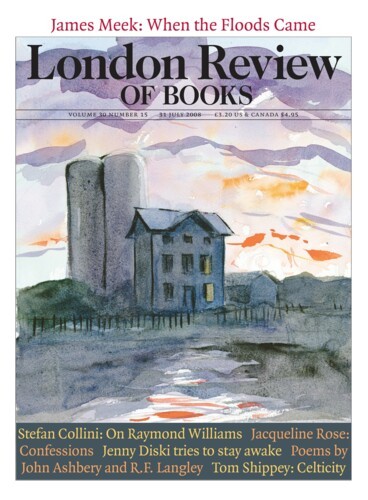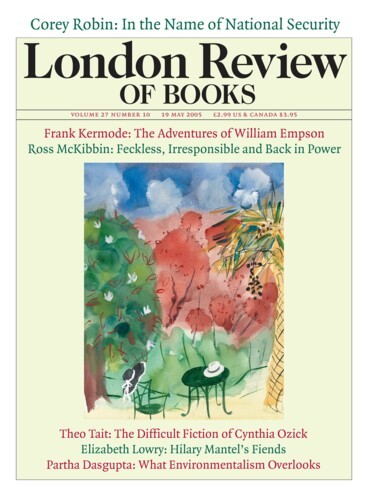Enter Hamilton
Eric Foner, 6 October 2016
The racism, xenophobia and violence of Donald Trump’s presidential campaign is widely seen as an aberration, as if reasoned debate had been the default mode of American politics. But precursors to Trump do exist, candidates who struck electoral gold by appealing to exaggerated fears, real grievances and visceral prejudices. Among Trump’s predecessors are the anti-immigrant...





